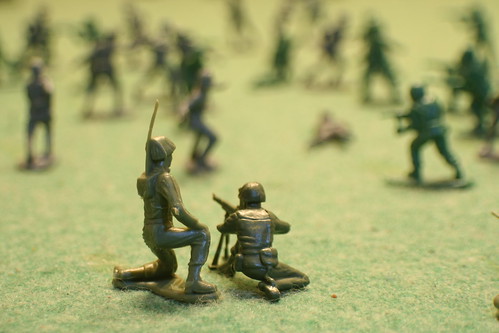- McClatchy -
 Former Marine Corps Cpl. Peter Devereaux was told about a year ago that he had just two or three years to live.
Former Marine Corps Cpl. Peter Devereaux was told about a year ago that he had just two or three years to live.
More than 12 months later, at 48, he still isn't ready to concede that the cancer that's wasting his innards is going to kill him. He swallows his pills and suffers the pain and each afternoon he greets his 12-year-old daughter, Jackie, as she steps off her school bus in North Andover, Mass.
The U.S. Department of the Navy says that more research is needed to connect ailments suffered by Marines such as Devereaux who served at Camp Lejeune and their families who lived there to decades of water contamination at the 156,000-acre base in eastern North Carolina . Meanwhile, however, the Department of Veterans Affairs has quietly begun awarding benefits to a few Marines who were based at Lejeune.
"Right now, I would venture to say that any Camp Lejeune veteran who files a claim now is presumed to have been exposed to the contaminated drinking water," Brad Flohr , the assistant director for policy, compensation and pension service at the VA, told a meeting of affected Marines and family members in April.
It's estimated that as many as a million people were exposed to the water from the 1950s to the 1980s. The water was laced with trichloroethylene, known as TCE; tetrachloroethylene, known as PCE; benzene and other volatile organic chemicals.
No comments:
Post a Comment